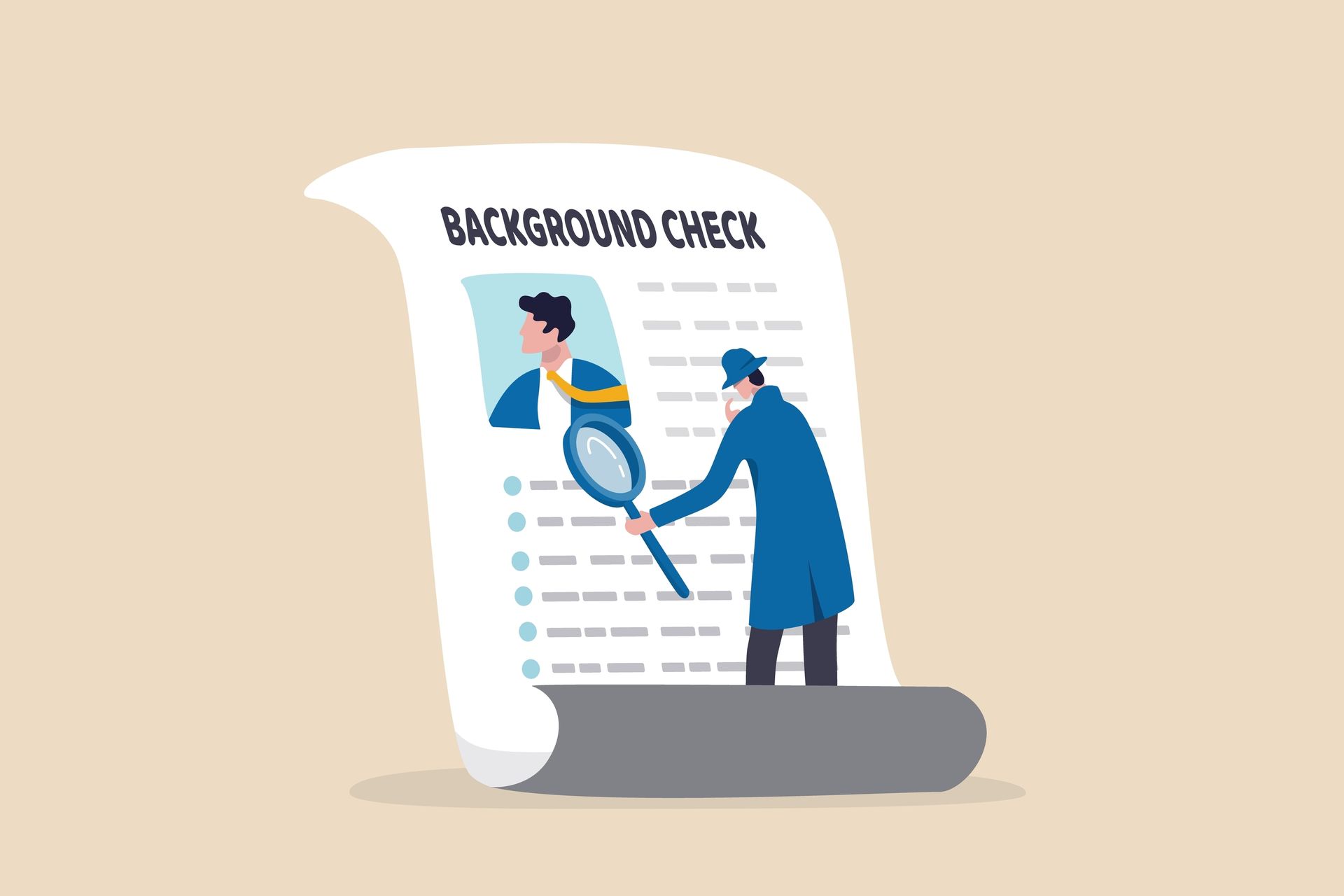How Long is a Background Check Valid?
14 March 2024
Share this article:
Key Takeaways
- Most employers conduct a background check when hiring. This minimizes the risk to their other employees, their business reputation and their customers.
- However, things can change. Employees can commit a crime or engage in compromising behavior after they’re hired. Licenses and credentials can lapse. The original background check may no longer be valid.
- A background check is valid for about two to five years, depending on the job and industry. It’s best practice to do a new check after that time. It’s also good to conduct a check when employees are promoted or when their responsibilities change.
How Long Is a Background Check Good For?
A background check provides a snapshot of a person’s profile at a specific point in time. Even if a person hasn’t committed a crime in the past, a background check doesn’t ensure that they won’t do so in the future. A background check never actually expires, but, after several years, you can’t be certain that an individual is as free from legal issues and other problems as they were on their hire date.
There are not any state or federal laws that mandate ongoing screening or answer the question, "How long does a background check last?" for employers. However, a general rule of thumb is that a background check is good for about two to five years. An organization needs to assess how much risk it is exposing itself to by letting employees (and volunteers) work year after year without additional screening. Groups that work with vulnerable populations – for example, health care providers and those that work with children, the elderly and the disadvantaged – need to be especially vigilant that people on their staff have not done something problematic.

Because of this risk, many employers have instituted rolling background checks or some other form of continuous screening. In addition, employers should consider new background checks for persons who have been promoted or have undertaken additional responsibilities. Often such employees will now have access to sensitive company data or will be in a position to positively or negatively impact those they supervise. A background issue that wasn’t significant for an entry-level employee may be unacceptable for someone with greater responsibility.
Also, organizations that use volunteers, such as camps and youth programs, should be particularly vigilant about ongoing screening. Often, people who should not be around vulnerable populations will seek out these volunteer positions, and there may not be any red flags in a point-in-time background check. Background checks every two years reduce the risk that people like this can pose.
What Makes a Background Check No Longer Valid?
For one thing, a previous background check should no longer be considered valid if an individual has taken on new responsibilities. For instance, a person who will now be driving a company vehicle should be re-screened with a check that includes a motor vehicle report. A person who now works with children, the elderly or those seeking healthcare should be screened again with a higher degree of scrutiny. Employees who now have access to sensitive data or control over the expenditure of company funds should be re-screened, and a company should consider ongoing screening for these about every two years.
A background check is a point-in-time snapshot, and its validity erodes with the mere passage of time. While there’s not a specific date when the background check becomes invalid, the older it is, the more likely that something has happened that renders that background check no longer accurate.
An obvious example is when a person with a previously clean criminal record commits a crime. A person who is driving company vehicles could have been convicted of a DUI. Also, there could be issues with professional licensing. The person may have failed to renew the license. They may have been disciplined by their profession’s governing board for an infraction of professional regulations. Regular background checks are an ideal way to catch these incidents that could hurt the organization.
Certain industries are more susceptible to employee actions that would put them at risk. A background check in healthcare, for example, needs to be up-to-date with regard to criminal background checks, license verification, abuse and neglect registry checks and sex offense registry checks. In this and other fields such as child care, elder care and transportation, it’s wise to assume that your background check is invalid after about two years and to conduct a new one.
Why Is There a Time Limit On Background Checks?
While a person’s background check to some degree predicts what that individual will do in the future, it does not do so fully and accurately. People change, and their background profile two to five years ago may not be the same as it is today.
Employers recognize a time limit on background checks for some of the same reasons that they conduct background checks while hiring. These checks increase workplace safety, reduce risk to other employees and protect customers and clients. They safeguard company assets. They prevent damage to a company’s reputation.
Employers that do not impose a time limit but continue to rely on outdated background checks are taking an unnecessary risk. They may find themselves employing unreliable individuals in positions of financial and personnel responsibility. They may be allowing unsafe workers to interface with vulnerable populations. They be unaware of people on their staff who have recent criminal violations or have engaged in irresponsible behavior. They may be employing professionals without proper licenses and credentials.
People change, credentials change and job responsibilities change. Unless employers recognize a time limit on background checks, they cannot be sure that they are properly screening the people who can make or break their company’s reputation.
The Bottom Line
Background checks are an important tool to ensure that employees and volunteers are qualified for the job, have the required credentials and have not committed crimes or engaged in other behavior that would put an organization at risk. Most employers conduct these background checks during the hiring process.
However, a background check isn’t valid forever. People change and job responsibilities change. People can commit new crimes, fail to renew licenses or engage in behavior that compromises the company. To protect against this, employers should regard background checks as no longer valid after two to five years. They should institute a screening process for current employees that keeps background checks current.
Connect with Us:




